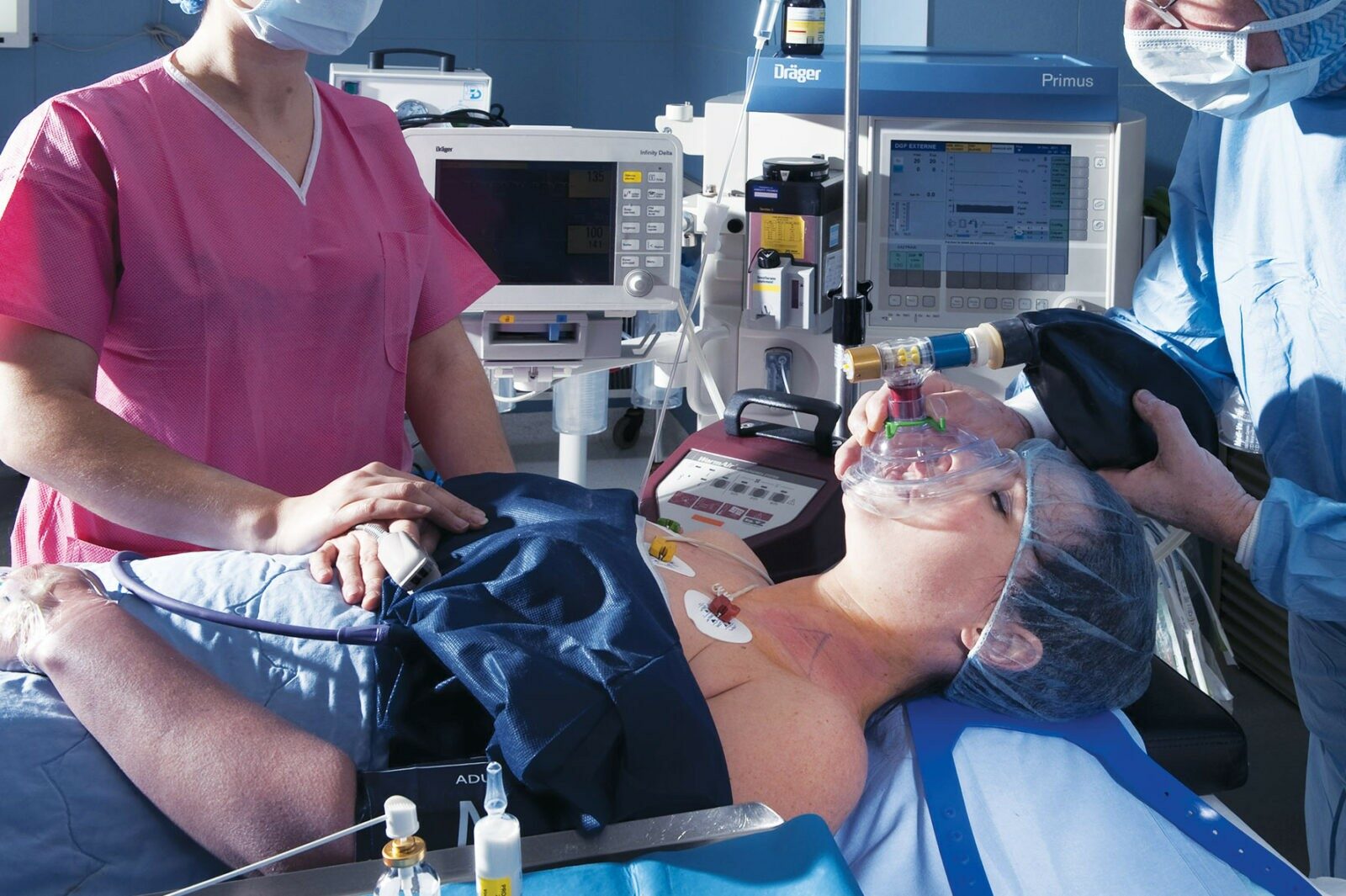Conventional admission
Hospitalization at the clinic takes place in several stages in order to prepare your surgery and to plan all the procedures to follow after your operation.

Hospitalization at the clinic takes place in several stages in order to prepare your surgery and to plan all the procedures to follow after your operation.
You will have a number of things to do before your stay.
This consultation is compulsory. The appointment must be scheduled at least 48 hours before your operation, and 2 or 3 weeks before more major surgery such as replacement.
It is an opportunity to:
Remember to bring:
A second meeting is organized with the medical secretary, the nurse and the physiotherapist to plan, to explain and organize the admission, the exit and the postoperative follow-up.
During this consultation,
The medical secretary takes care of:
You will need to prepare the skin around the area to be operated on.
The day before your admission, you must remove the hair using a depilatory cream You must not use a razor.
You must :
BEFORE COMING TO THE CLINIC FOR YOUR OPERATION, YOU MUST PREPARE:
You must not eat, drink or smoke from midnight on the day before the operation.
You will be told at what time your operation will be the evening before.
You will be prescribed and administered a light sedative to help you get a good night’s sleep.
You will fast from midnight. If your operation is in the afternoon, you may be served a light breakfast early in the morning, if the anaesthesiologist agrees.
For outpatient surgery, you will arrive at the clinic fasted since midnight.
The porters will take you down to the operating department with your complete medical file, as well as your brace and support stockings if necessary.
Even if you were conscious during the operation, you will be taken here for
about 1 hour after any procedure, where :
The porters will take you back to your room. A nurse will greet you and get you into bed. They will :
Your surgeon and your anaesthesiologist will come and check on you the evening after the operation and give you the necessary instructions and information concerning the post-operative follow-up.
Your surgeon and your anaesthesiologist will check on you daily to ensure that all is going well following the operation and to ensure the pain is being managed.
Nursing care is provided every day. The dressing will be changed on the second day.
Traditional stay: the physiotherapist will get you up the day after the operation to begin your rehabilitation, which will be carried out every day whilst you are in hospital.
The physiotherapist will give you instructions before you leave.
Nursing care: administration of analgesics, putting ice on the knee, changing the dressing…
Blood tests, x-ray and sometimes a venous ultrasound are carried out on the request of the doctors.
Before leaving, the staff will ensure that you have recovered enough to go home.
The surgeon and the anaesthesiologist ensure that all is well.
The nurse checks and changes your dressing. She will give you the results of all your examinations.
He will check that you are self-sufficient enough to return home, and check how you get around on crutches.
The secretary will give you :
We would be grateful if you would fill in the satisfaction questionnaire with your comments and suggestions to help us to improve the quality of our services.
You will make the various payments and complete your administrative discharge.
Once you leave hospital, please do not hesitate to call if you have a problem.
We wish you a speedy recovery.
Laissez votre commentaire